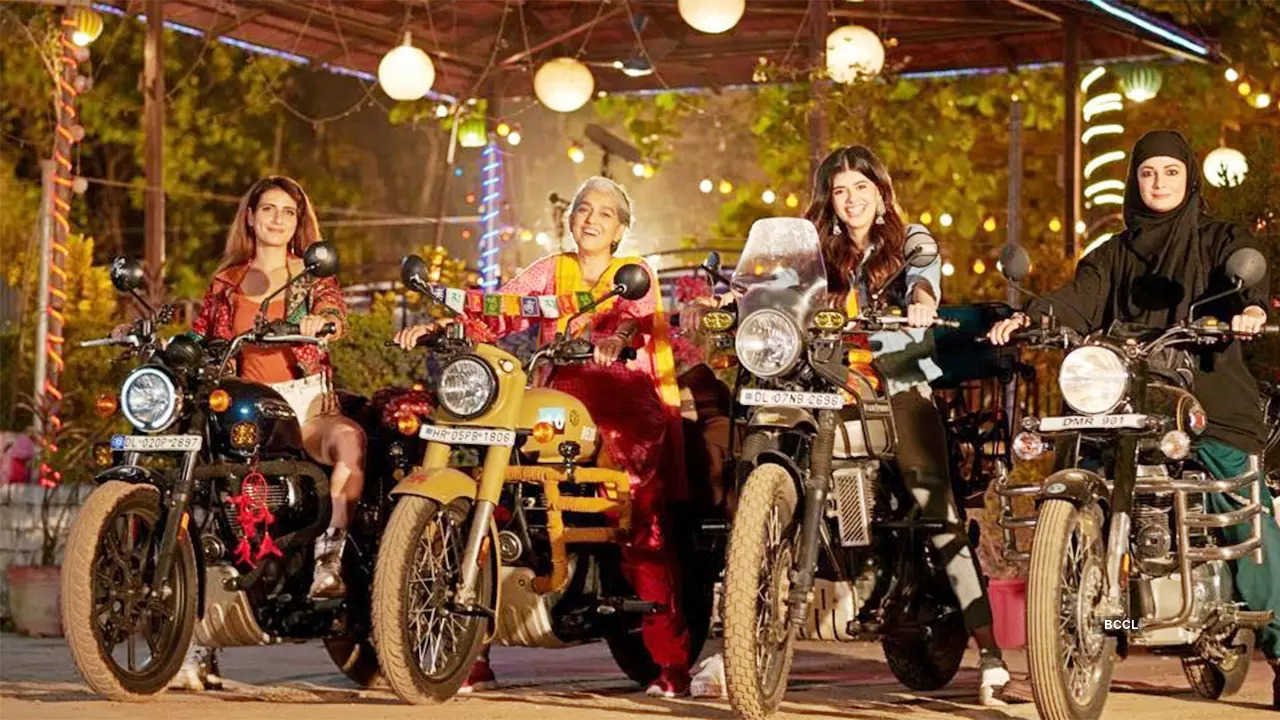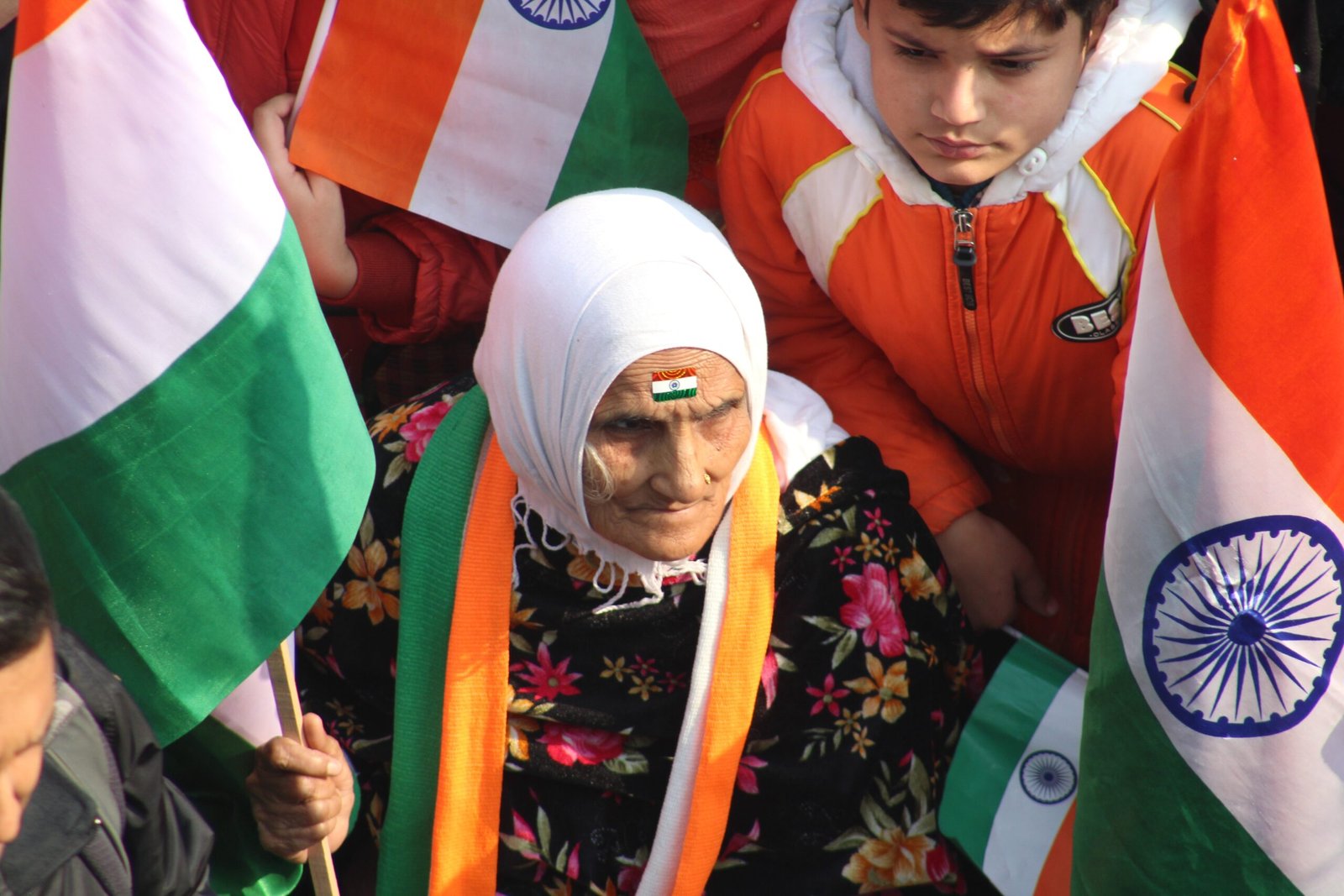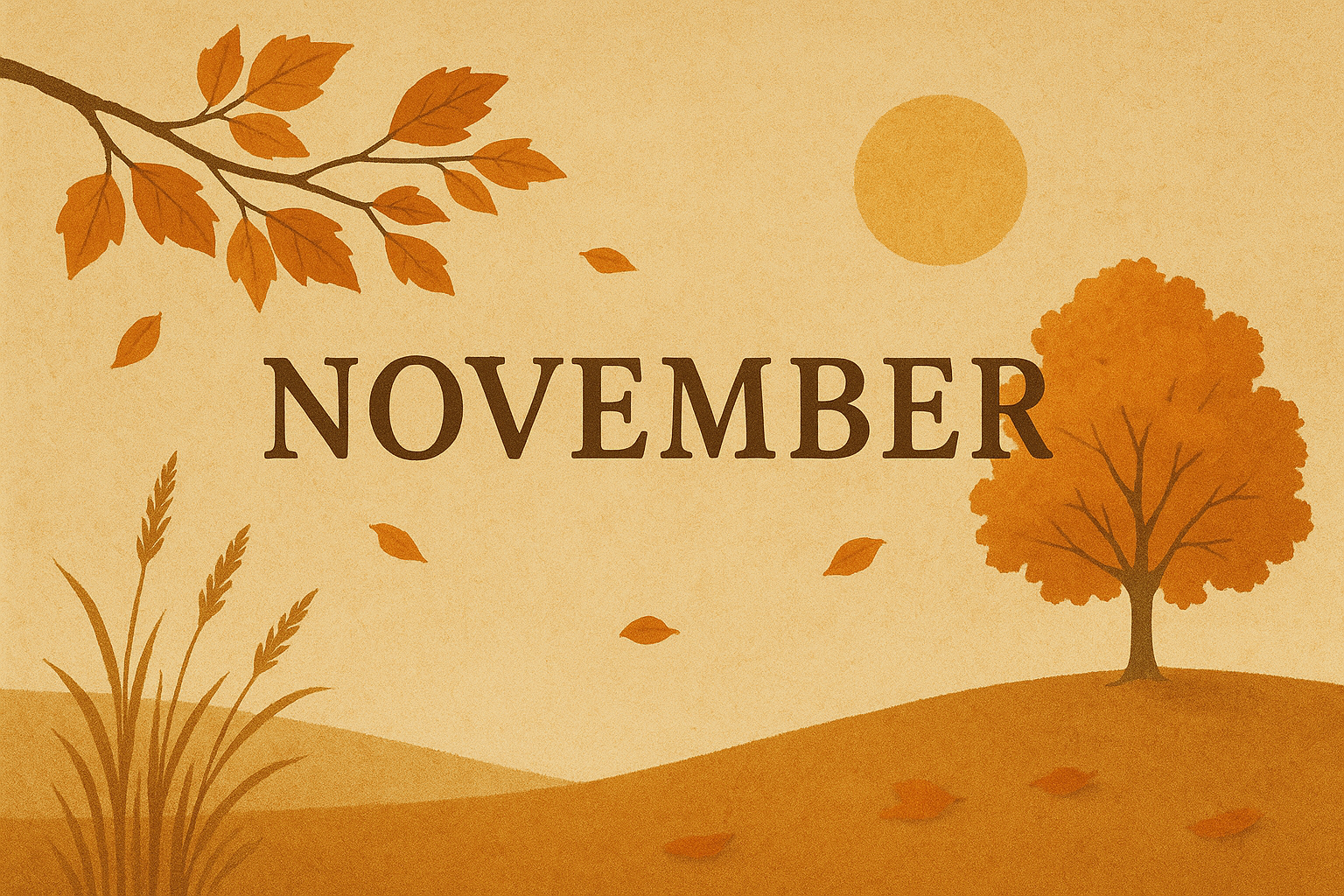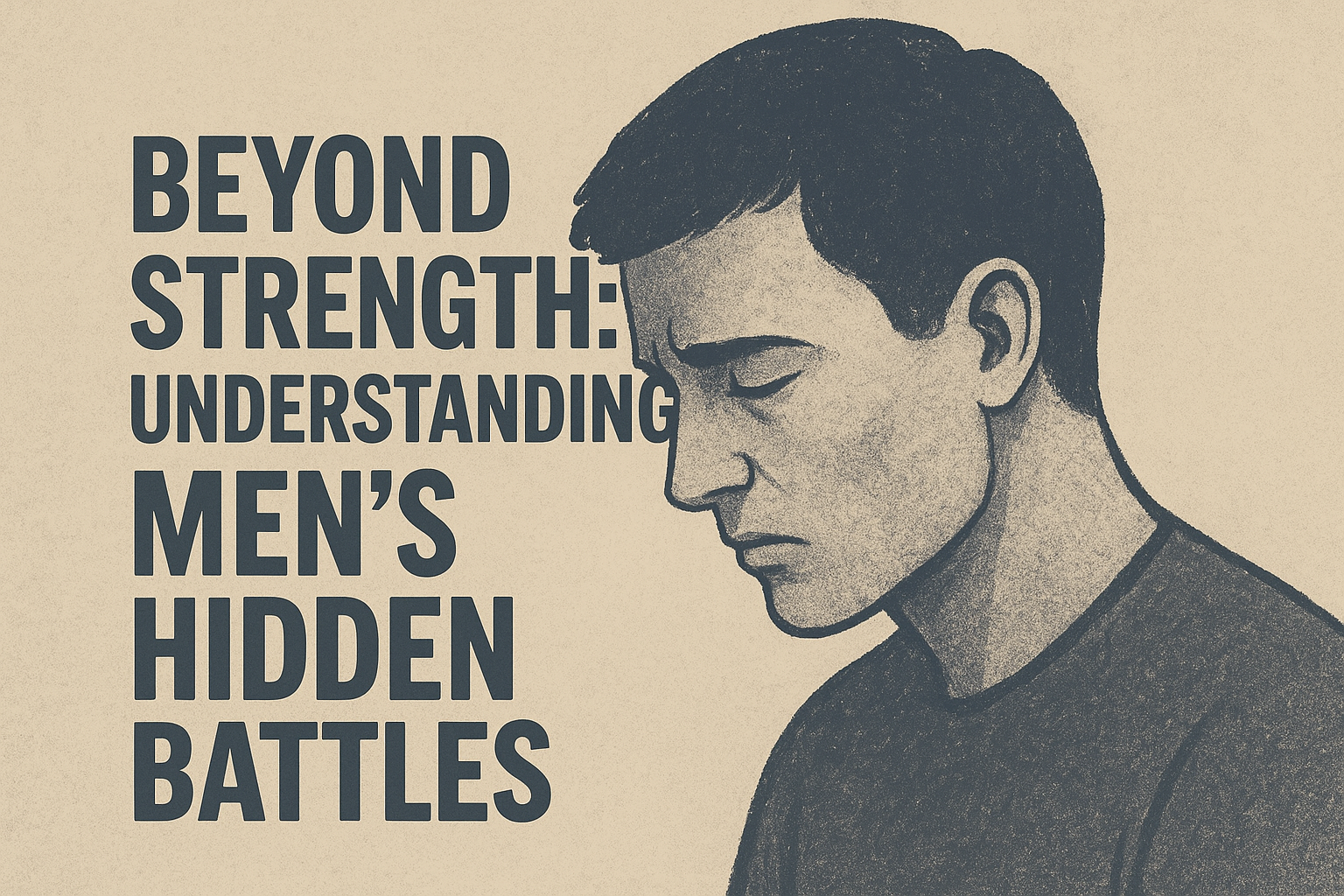The focus on self-awareness
Ever thought that all three pronouns—I, Me, and Myself—are essentially different usages of a singular entity—the self? But then, how many of us are even aware of our unique selves, the essential beings that distinguish us from others? And even if we acknowledge its existence, what do we do to prioritise and perfect it?
A recent watch (but not a recent release) offered some palpable ways to take care of this sublime being, and perhaps we could use them as cues to curate our own. Written and directed by Tarun Dudeja, Dhak Dhak has its heart beating loud and long as it traces the journey of four ordinary women who choose to put themselves first and establish the I-s in their identities with emphasis.
The narrative begins at a juncture where all the female protagonists are suffering from fractured visions of themselves and are looking for possibilities to piece them together. Each one, though for a personal reason, decides to embark on a biking trip from Delhi to Khardung La. But before they realise it, their pursuit is, fundamentally, a step towards understanding and empowering themselves.
The diverse narratives
To begin with, the sassy influencer, Sky, wants to heal herself by dealing with the setback her relationship has caused and cleansing the scandalous image that society has consequently created for her. Not through her sleeping pills, but through the typical grandmother, Manpreet, she finds the story that will set her on the track to lead and live. On the other hand, out of sheer necessity, the domesticated Manpreet decides to use her gift and ditch the "dahi bhalle" party to embrace the adventure of "Riding to the Top!" A common dream between the two surfaces, which selfishly limits the self but ravishingly rises to an altitude of 18,380 feet.
Sometimes to meet 'Myself,' it is imperative to "let go of everything...(as) there's too much pain in holding on," and those lyrics, indeed, fittingly describe the taken-for-granted-and-often-oppressed homemaker, Uzma's dilemma. For a person like her, the emancipation of the self lies in sturdily supporting her daughter, and for a price, she agrees to become the on-road mechanic of the all-women biker group. The klutzy "Radhe Radhe" girl from Mathura is the last one to join the gang, and once they hit the road, the trip turns into a metaphor for transformation and discovery.

The self feels stable and secure only when it gathers experience through exposure. A similar predicament awaits the overprotected, cockroach-phobic Manjari when she agrees to the secret proposal of Sister Martha and convinces herself to bike to Leh. It is a human tendency to be stressed when faced with a problem but to offer solutions when the neighbour is facing it. So, becoming your neighbour when in crisis is the lesson she learns from an illiterate truck driver at the very onset of her journey.
Again, the self needs little things to nurture and nourish it. The unappreciated Uzma is truly delighted as she opens up the "jadu ka pitara," blows the matchstick stuck on it, and hears strangers sing 'Happy Birthday' to her on the first night of their ride. And once you've put yourself ahead of the rest, along with learning come unbridled life and zesty humour, as we get to see.
The use of metaphors
Of course, in the path of self-exploration, there will be untoward incidents, gross goof-ups, and even the thwarting of vulnerabilities. But the pain will provide the perspective to steer the self on its personal pilgrimage, and that is precisely what happens to the four bikers in the movie. As you keep going further, you will reach the 'No Network' zone, as you now need to connect only with your I and let your 'me' and 'my' merge into it.
Then there will be times when you cannot see anything ahead, but your self will be willing to not only guide you but also share the light with others. Do that with conviction. By that juncture, your fears and phantoms will have faded, and you will have learned to live in the moment. Such emancipation is possible only when you start doing what you want, and when that happens, there will be magic all around. The four women are shown experiencing it in the dust of the roads, the sparkle of the waters, the chill of the altitude, and the radiance of the night sky.
The emphasis on self-care
Essentially, we are all 'banjaras' or travellers, and to seek the self is our innate duty and destiny. Interestingly, "Tujh mein basta hain ye jahan" is the realisation that emerges from the quest, and slowly the layers are seen peeling off the characters as they reach Pang, which is 245 km from their destination. But the shedding can at times bruise and break one completely, as it does to Sky. She aborts the mission and retreats into infliction and introspection. A chance encounter with a Kungfu-teaching nun, however, leaves her with the knowledge that change can only be acquired through hard work and time.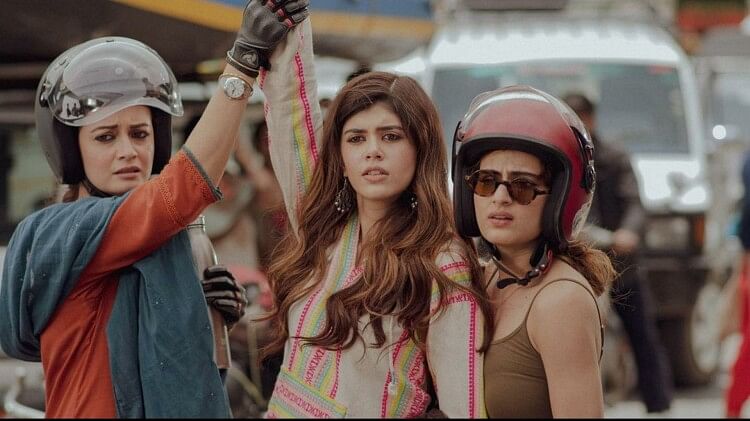
The portrayal of growth and self-acceptance
Finally, when the worst hits on the road and Mahi is fighting for her life at Leh Hospital, the best bonds are forged as the companionship that boosts the self becomes bigger than the expedition or the end. That is the time when the women leave behind the old, narrow lanes and choose the open, wide road to freedom. They dare to consummate their dormant dreams and own their wishes like never before. And lo and behold, the sight that awaits them is unparalleled! At their peak, they let go of their most prized possessions to wholeheartedly embrace their worlds, within and without.
Let's travel the world (metaphorically) to reach the self (literally), and only when each one of us will come face-to-face with her 'I', will she tell herself, "You're enough!" So, set out, and perhaps "in the middle of nowhere, you will find yourself."
PROMITA BANERJEE NAG






